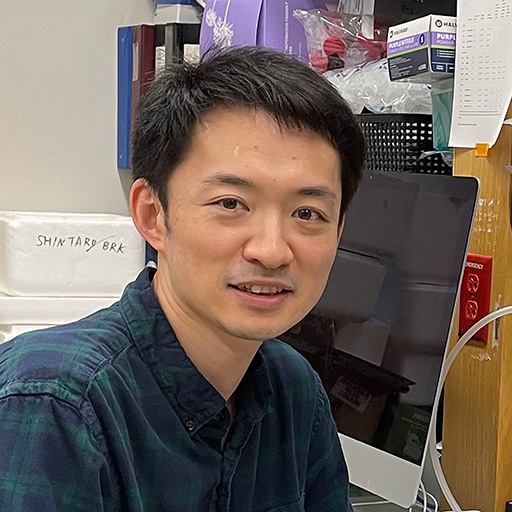Control of Neovascular AMD by Nuclear Receptor RORalpha

Principal Investigator
Jing Chen, PhD
Boston Children’s Hospital, Harvard Medical School
Boston, MA, USA
About the Research Project
Program
Award Type
Standard
Award Amount
$120,000
Active Dates
July 01, 2013 - June 30, 2015
Grant ID
M2013041
Goals
A major cause of blindness in AMD is abnormal blood vessel growth in the back of the eye (choroidal neovascularization), the “wet” form of AMD. The proposed work will help define a novel pathway linking dysregulation of lipid homeostasis (fat levels) with altered inflammatory responses in AMD. Both processes are fundamentally important to the development and progression of wet AMD. Dr. Chen’s discoveries may help to develop a new way to treat AMD by specifically changing the levels of a lipid-sensing nuclear receptor protein that modifies inflammation.
Summary
In preliminary studies, Dr. Chen and her collaborators linked the presence of significant genetic changes to the nuclear receptor, RORalpha (retinoic-acid-receptor-related orphan receptor alpha), with the risk of developing wet AMD. However, it is not known if RORalpha contributes to the progression of wet AMD. In this project, Dr. Chen’s team will determine whether RORalpha, as a sensor of lipid homeostasis, influences the development of wet AMD by causing changes in tissue inflammation. The analysis will be done using both genetic (DNA) and pharmacologic (small molecule drug) approaches to modulate RORalpha activity in animal models of AMD.
AMD is a complex disease linked to problems with lipid metabolism and inflammation/immune functions. A more integrated treatment approach that corrects more than one of the mechanisms that can lead to AMD, such as problems with inflammation and lipid metabolism, would be of great benefit. When this study is complete, it will identify a novel control mechanism in wet AMD that links two major pathways contributing to AMD and provide clues to a new therapeutic approach to treat this blinding eye disease.
Related Grants
Macular Degeneration Research
The Development of a Transplant-Independent Therapy for RPE Dysfunction
Active Dates
July 01, 2024 - June 30, 2026

Principal Investigator
Shintaro Shirahama, MD, PhD
Current Organization
Schepens Eye Research Institute of Massachusetts Eye and Ear
Macular Degeneration Research
Regeneration of Cone Photoreceptors in the Human Retina
Active Dates
July 01, 2024 - June 30, 2026

Principal Investigator
Juliette Wohlschlegel, PhD
Current Organization
University of Washington
Macular Degeneration Research
Understanding Early Molecular Events in Age-Related Macular Degeneration
Active Dates
July 01, 2024 - June 30, 2026

Principal Investigator
Sandeep Moothedath Subrahmanian, PhD
Current Organization
Pennsylvania State University College of Medicine



